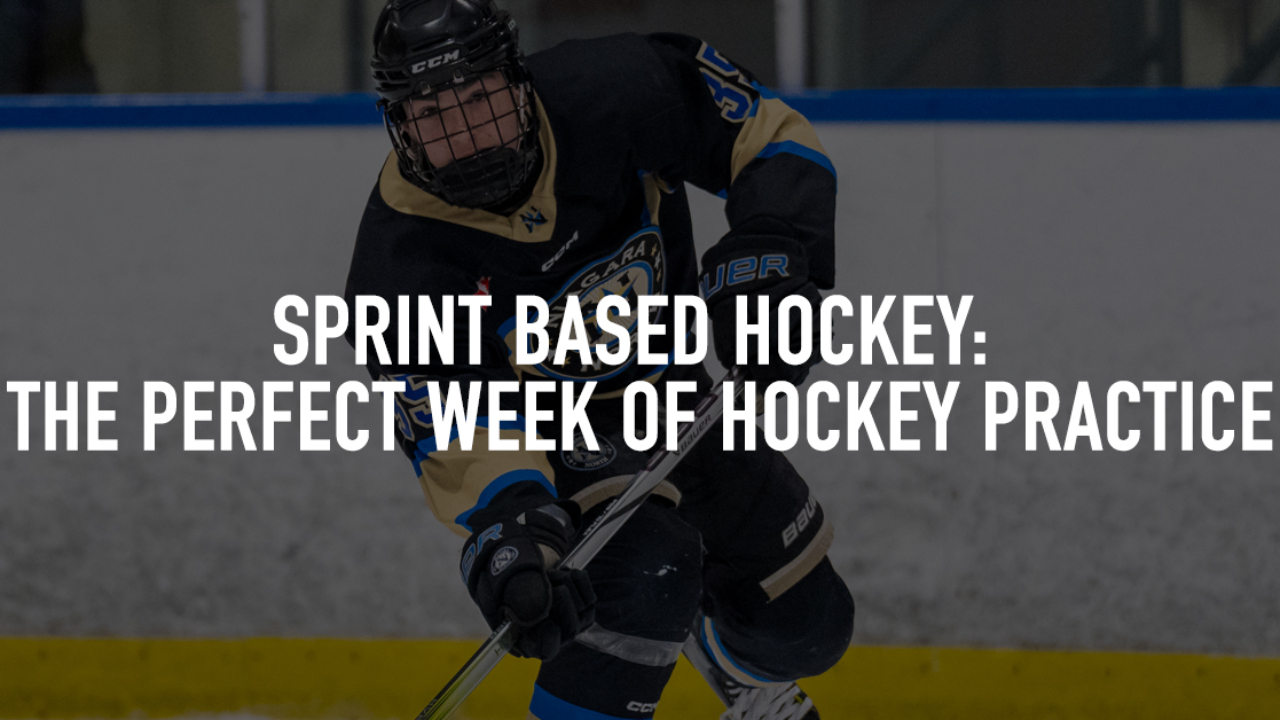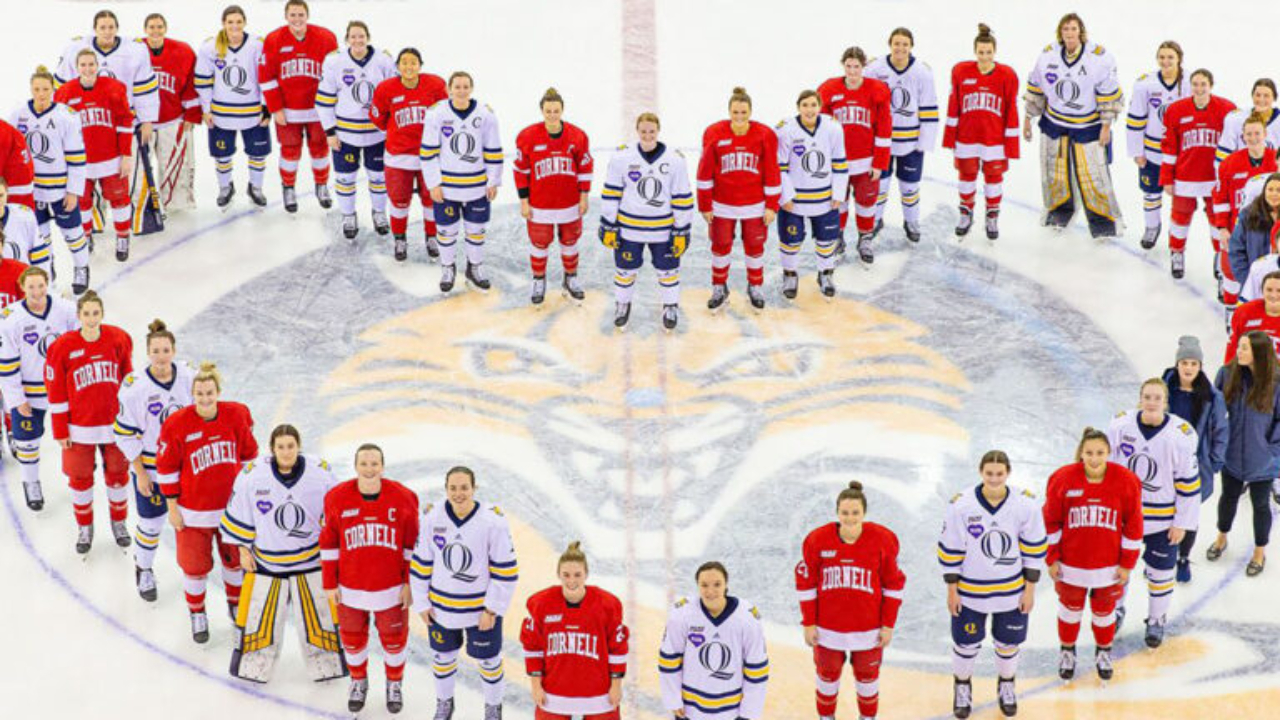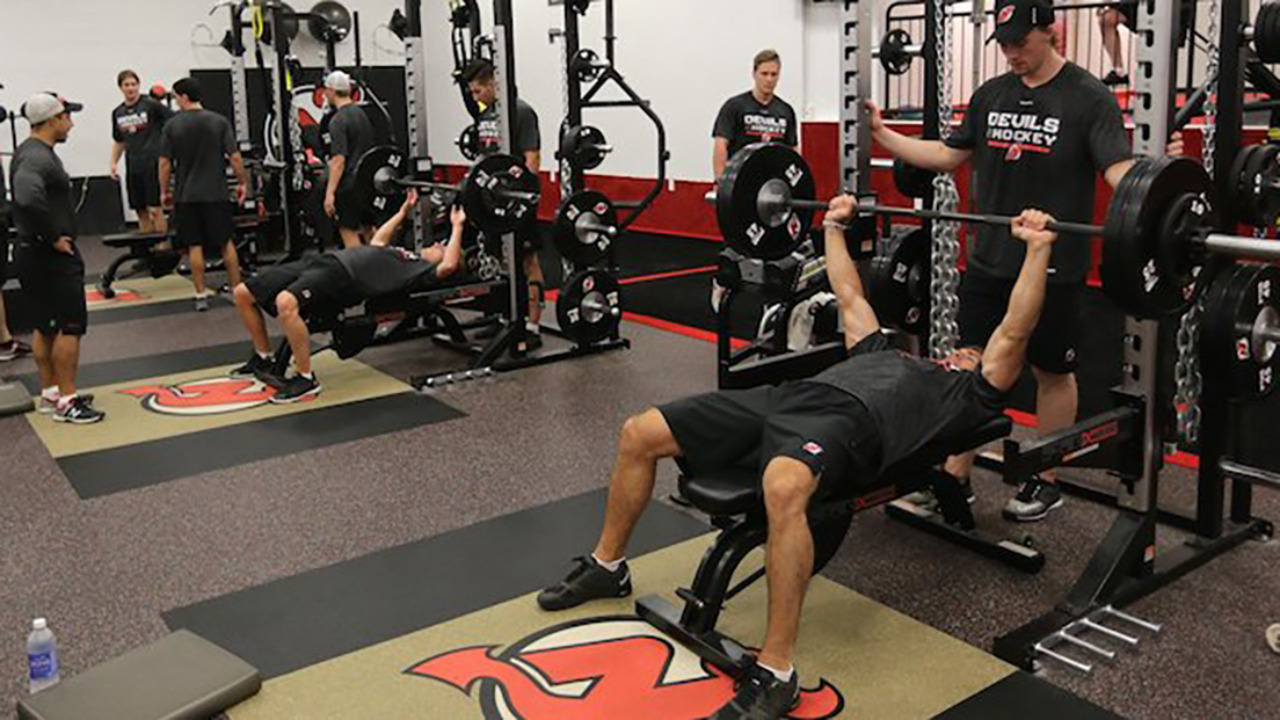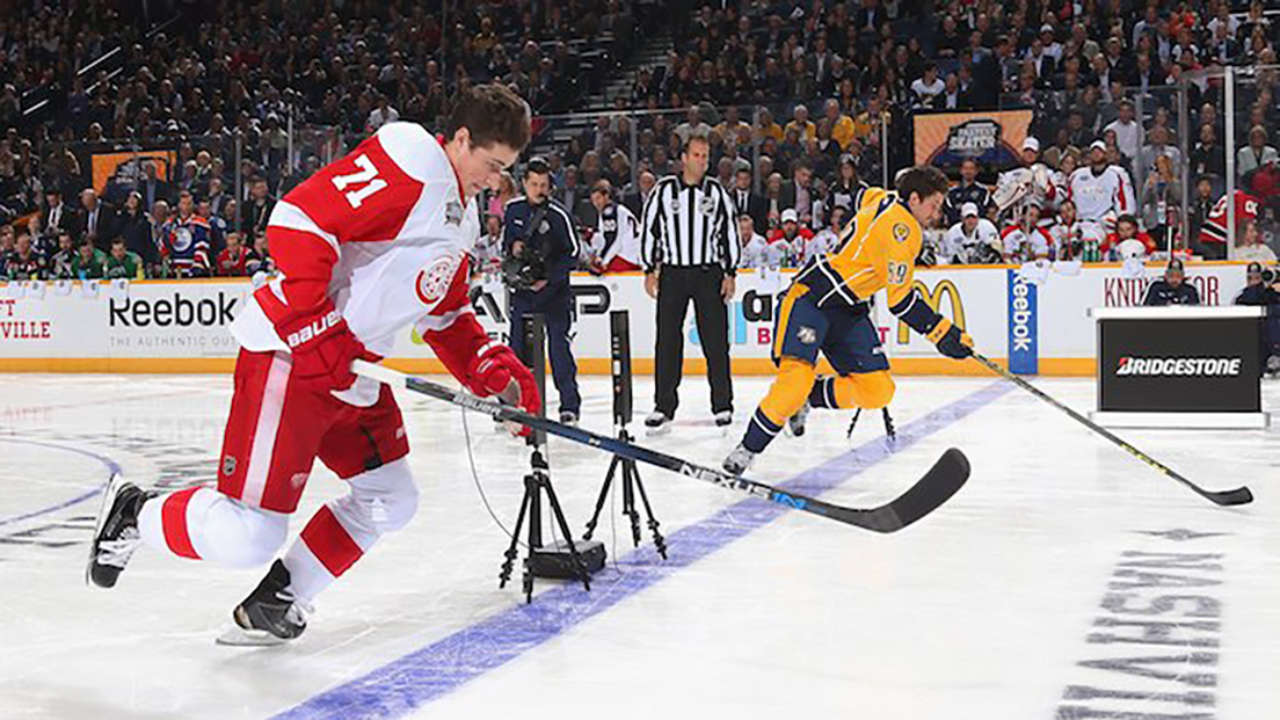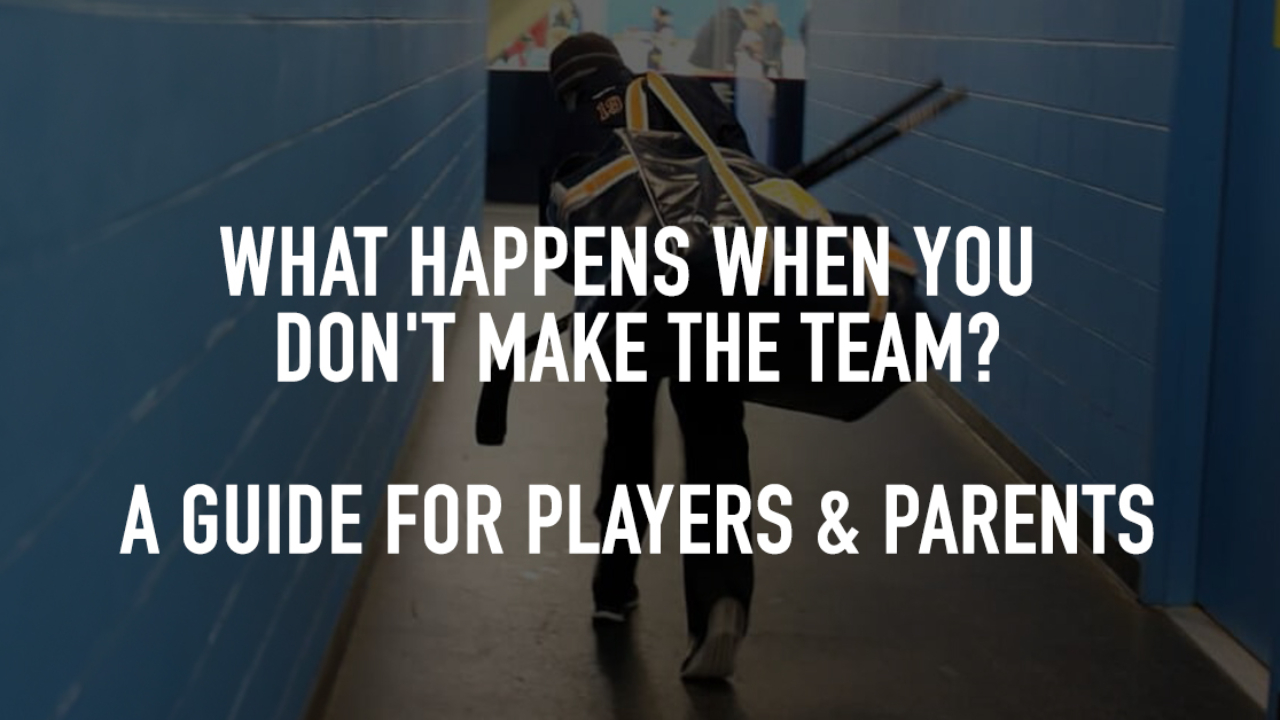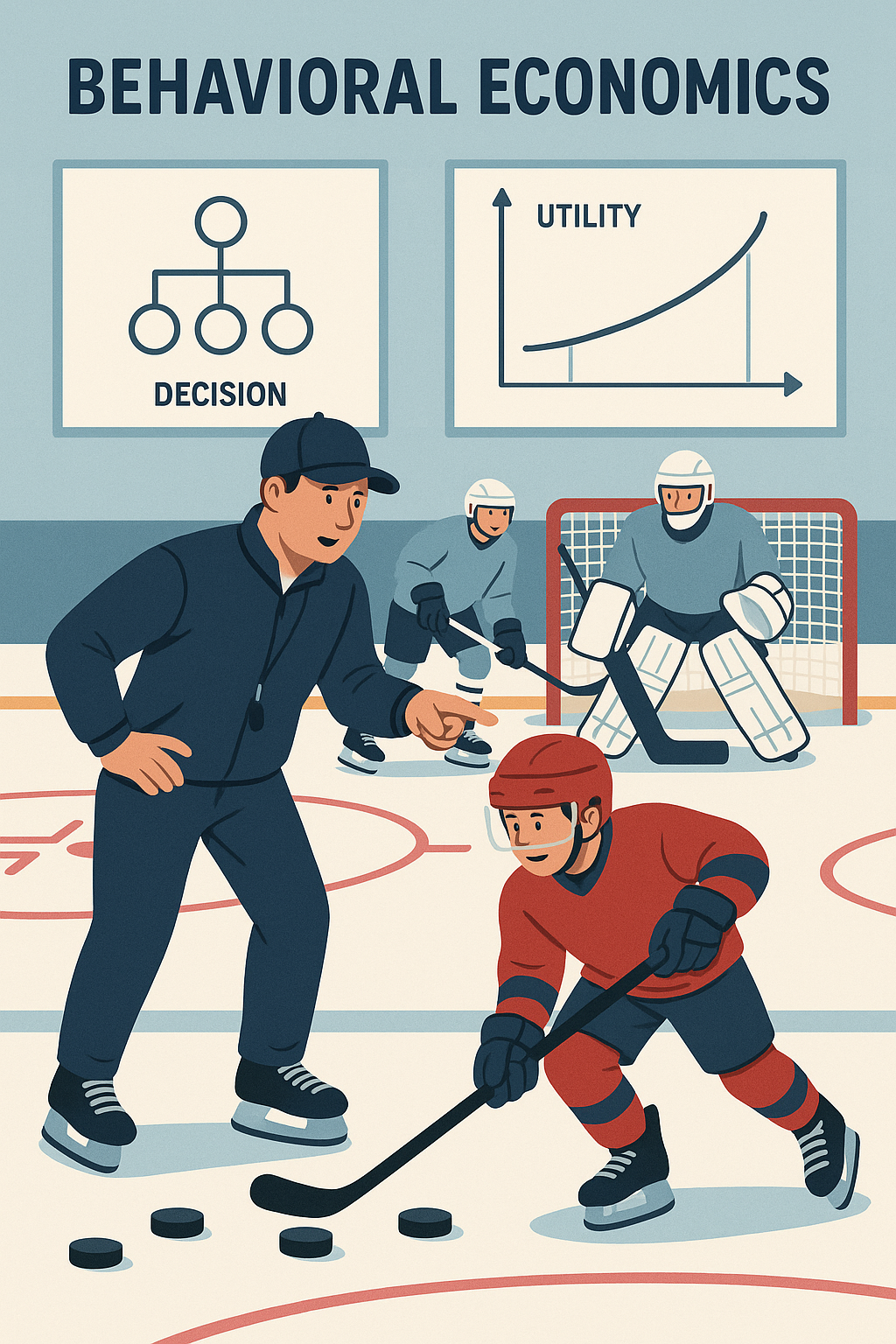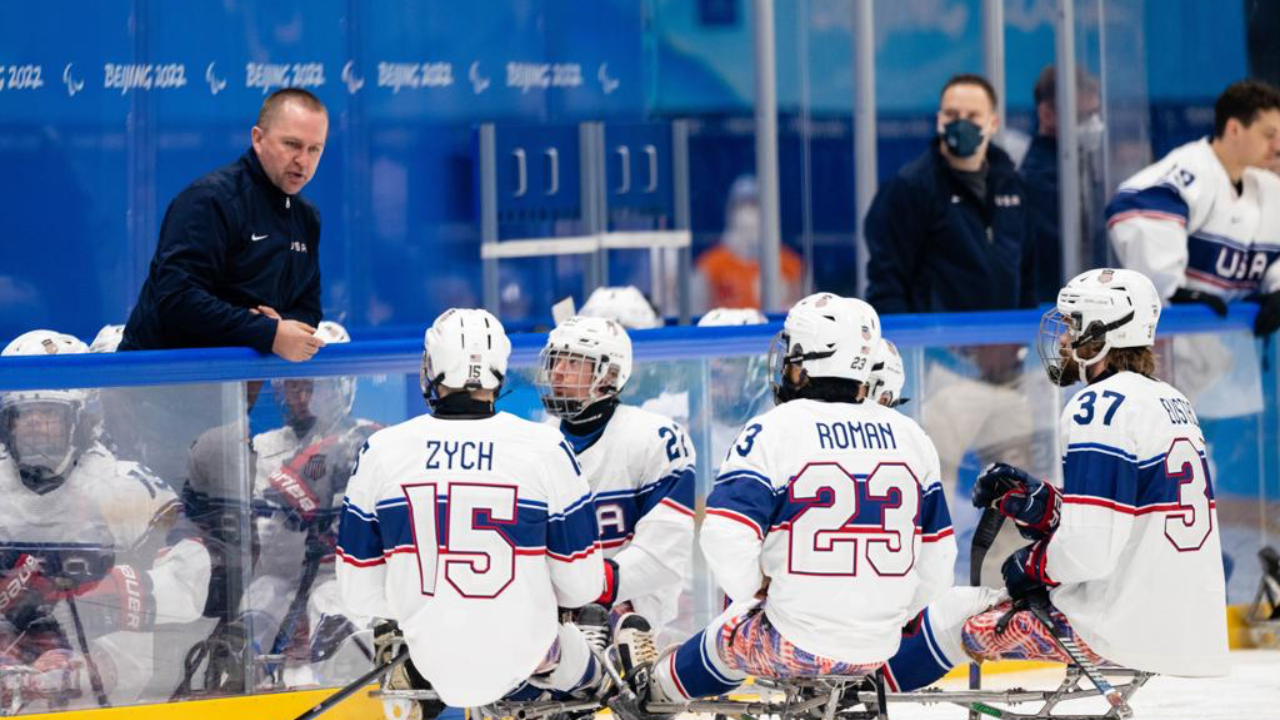
Studying many scientific works of psychologists lately, I deeply immersed myself in the study of the importance of the nervous system of athletes. And I found it extremely useful!
According to Dr. B.Vyatkin in his study, athletes with weak nervous systems (WNS) tend to show better results in training and exhibition games, but don’t show their peak performance during important competitions. Athletes with strong nervous system (SNS) perform better in official matches and important games. The key fact is: for WNS, an important match is an unnecessarily strong psychological stimulant, which leads to constraint. For the SNS an important match is an optimal environment, but exhibition game/practice is an insufficient stimulant and leads to laxity or laziness.
During an important game, athletes with WNS try to do more than they can, complicate their goal and look insignificant. Thus, they do not show their maximum capabilities. On the other hand, SNS athletes show a lot of flaws in games that are not important. Moreover, the importance of the game is determined individually, inside player’s head; for some athletes, matches of local importance may be more important than the final of the national championship.
Does this mean that you need to make a team only of hockey players with a SNS despite their hockey skills?
No! And here’s why:
1. According to statistics, people with a WNS have better innate speed abilities. And yes, it’s the speed of thinking as well. (It is very difficult to compete without speed in our sport, isn’t it?)
2. Due to the correct choice of the playing style and player’s role in the game, WNS guys can achieve results no worse than people with a SNS.
3. An athlete with a WNS can be properly attuned to any important competition using psychological tricks. A competent approach from the coach is very important. (For example, if you downplay the significance of the result or if an athlete is battling not against an opponent, but trying to reach his individual goal set by the coach)
4. Improve the WNS-athlete’s performance with psychological training. Train the moral component of will, the ability to restrain emotions, manage oneself in a tense situation. Experienced psychologist may help.
This topic is very important in professional sports. Many players do not realize their potential when faced with psychological problems.
Our #1 coaching job is to help them by setting goals correctly and providing a comfortable work environment. An individual approach is the best tool. For athletes with a WNS, it is better not to strain with excessive motivation, but to focus on small technical details. It is important not to demand super-efforts from them, otherwise we will get the opposite effect. Fpr athletes with a SNS, we need to give them extra motivation, find additional personal meaning to them in order to get the maximum effort from them.
How to determine player’s nervous system type?
I promised to tell you in more detail how to determine the type of the player's nervous system. For myself, I use a small test, which I fill out based on observations of a player on and off the ice. You should definitely work with the player for a while before evaluating. The true face is usually shown during tough matches and tense situations.
Each question is evaluated from 1 to 5 points where «1» is the worst possible mark and «5» is the best:
1. Ability to do something for a long time without interruption (for example, for several hours).
2. Ability of sustained concentration on something.
3. Ability to endure failures.
4. Willingness to undertake responsible and important work.
5. Ability to perform in stressful situations / under pressure.
6. Ability to follow the plan when faced with serious obstacles.
7. Easiness/tension of acting (discussion) in the presence of the coach (GM).
8. Nervousness before an important match.
9. Willingness to take on work that requires a lot of physical effort.
10. Ability to overcome temporary mood swings and bad moods.
40-50 points: Strong type of the nervous system.
21-39 points: Strong-weak type of the nervous system, approaching one or the other pole indicates the predominance of strength or weakness of the nervous system.
10-20 points: Weak type of the nervous system.
After I determine the psychological type of each player then it’s easier to communicate with players, find better line combinations and build good chemistry in the dressing room which most likely will transfer onto the ice. Good luck!

